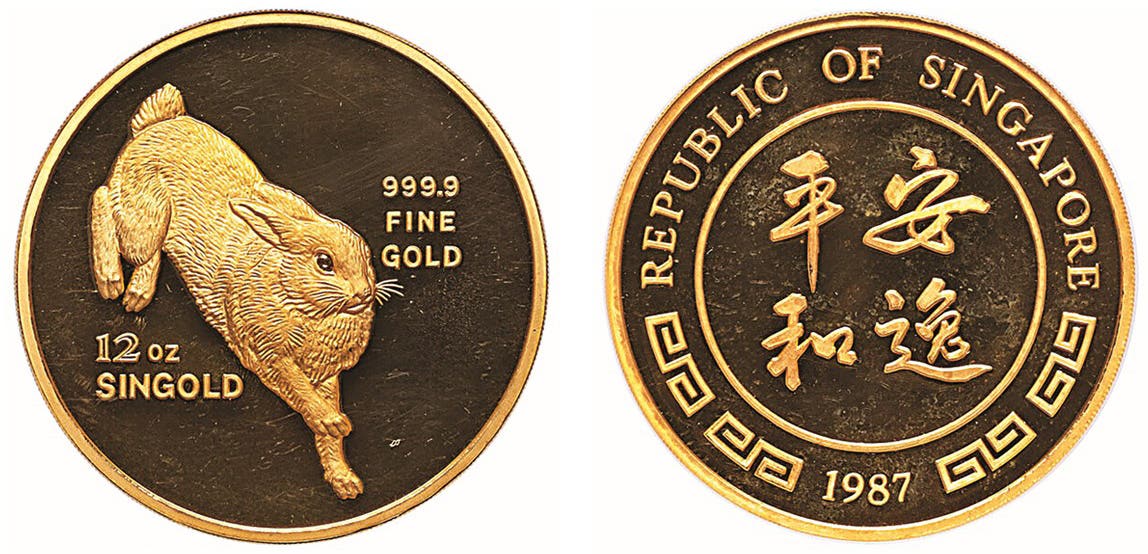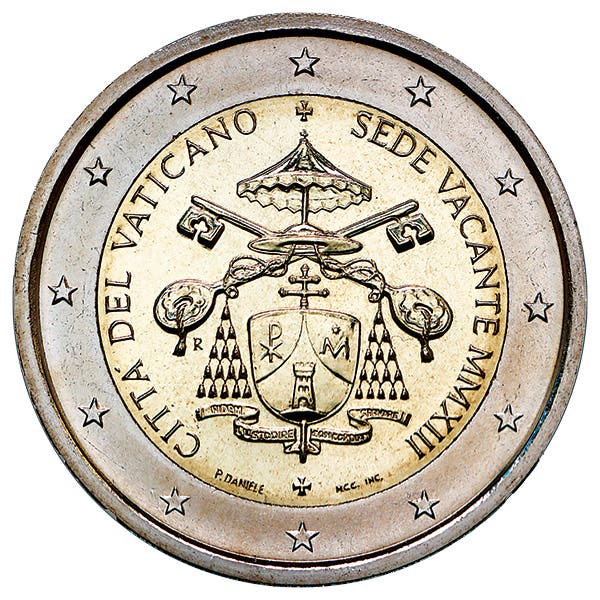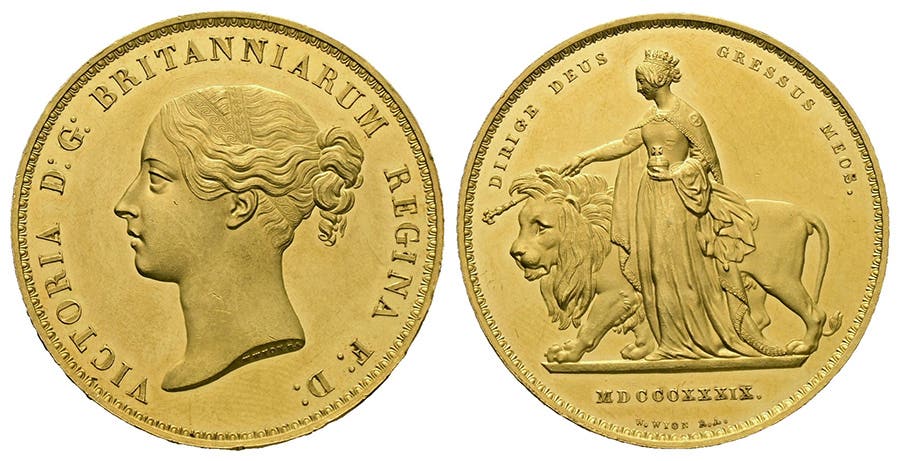Zimbabwe innovates to get coins circulating
By Richard Giedroyc At the time this article is being written it’s been more than four months since Zimbabwe introduced its bond coins. There is a shortage of coins in…
By Richard Giedroyc
At the time this article is being written it’s been more than four months since Zimbabwe introduced its bond coins. There is a shortage of coins in Zimbabwe since due to inflation, foreign rather than domestic coins and bank notes are being used in commerce. The bond coins are still not being well received.
The major currencies circulating in Zimbabwe are the U.S. dollar and the South African rand. Other currencies in use include the Botswana pula, British pound, Chinese yuan, European Union euro, Indian rupee, and the Japanese yen. The new bond coins are on par with the US cent. What appears to be at the root of their failure to circulate is that the public believes the bond coins are meant to replace the rand. South Africa is Zimbabwe’s largest trading partner.
The Feb. 12 online issue of AllAfrica.com quoted a Zimbabwe economist who did not want to be identified ‘for professional reasons’ as saying, “I don’t foresee that (ditching the rand) happening because South Africa remains our biggest trading partner. This is mischievous thinking that the bond coins will replace the rand. The coins are there to complement the US dollar and other currencies in use at the moment.”
It is not realistic at this time for Zimbabwe to re-introduce a domestic currency. Even the state-owned newspaper The Herald stated a return to the Zimbabwe dollar “remains implausible” in January.
According to AllAfrica.com, “Ordinary people say instead of easing their plight, bond coins have instead made their lives difficult as vendors, commuter buses, tuck shops, and other small businesses are not accepting them. Big businesses have embraced the bond coins but complained over the limited supply of the currency in the market.”
In response to the problem Reserve Bank of Zimbabwe has arranged with Easy Link Money Transfer Agency to exchange South African rand coins for Zimbabwe bond coins at the prevailing exchange rate for the rand to the U.S. dollar. Easy Link is to supplement banks distributing the coins without charging a commission or withdrawal fee for the service. Easy Link is a wholly owned subsidiary of Home Link, who in turn is an agent of Western Union.
On Feb. 11 RBZ Governor John Mangudya said, “This policy measure is intended to ensure that the public get fair value for their rand coins unlike the current situation where consumers are being short changed.”
Businesses have been rounding off prices, paying consumers “change” in the form of vouchers or sweets due to the lack of coins. According to Mangudya, the distribution of the new bond coins has proved to be challenging in some parts of the country. The bond coins have been issued in denominations of 1, 5, 10, and 25 cents with a total face value of $10 million U.S. A 50-cent coin is expected to be released in March.
The name for the “bond coins” comes from a bond fund valued at $50 million offered to fund the striking of the Zimbabwe coins in neighboring South Africa.
The plan calls for bond coins with a total value not to exceed the U.S. $50 million bond that will be issued for the next three years. There is concern that these coins are step toward a way of re-introducing a domestic Zimbabwe currency. The previous one was destroyed by inflation.








